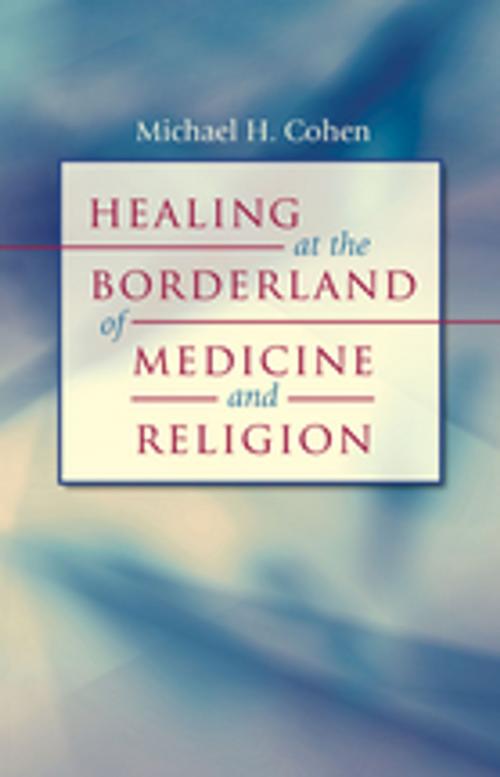Healing at the Borderland of Medicine and Religion
Nonfiction, Reference & Language, Law, Health, Health & Well Being, Health Care Issues, Medical, Alternative & Holistic Medicine, Alternative Medicine| Author: | Michael H. Cohen | ISBN: | 9780807877425 |
| Publisher: | The University of North Carolina Press | Publication: | September 6, 2007 |
| Imprint: | The University of North Carolina Press | Language: | English |
| Author: | Michael H. Cohen |
| ISBN: | 9780807877425 |
| Publisher: | The University of North Carolina Press |
| Publication: | September 6, 2007 |
| Imprint: | The University of North Carolina Press |
| Language: | English |
One of the transformations facing health care in the twenty-first century is the safe, effective, and appropriate integration of conventional, or biomedical, care with complementary and alternative medical (CAM) therapies, such as acupuncture, chiropractic, massage therapy, herbal medicine, and spiritual healing. In Healing at the Borderland of Medicine and Religion, Michael H. Cohen discusses the need for establishing rules and standards to facilitate appropriate integration of conventional and CAM therapies.
The kind of integrated health care many patients seek dwells in a borderland between the physical and the spiritual, between the quantifiable and the immeasurable, Cohen observes. But the present environment fails to present clear rules for clinicians regarding which therapies to recommend, accept, or discourage, and how to discuss patient requests regarding inclusion of such therapies. Focusing on the social, intellectual, and spiritual dimensions of integrative care and grounding his analysis in the attendant legal, regulatory, and institutional changes, Cohen provides a multidisciplinary examination of the shift to a more fluid, pluralistic health care environment.
One of the transformations facing health care in the twenty-first century is the safe, effective, and appropriate integration of conventional, or biomedical, care with complementary and alternative medical (CAM) therapies, such as acupuncture, chiropractic, massage therapy, herbal medicine, and spiritual healing. In Healing at the Borderland of Medicine and Religion, Michael H. Cohen discusses the need for establishing rules and standards to facilitate appropriate integration of conventional and CAM therapies.
The kind of integrated health care many patients seek dwells in a borderland between the physical and the spiritual, between the quantifiable and the immeasurable, Cohen observes. But the present environment fails to present clear rules for clinicians regarding which therapies to recommend, accept, or discourage, and how to discuss patient requests regarding inclusion of such therapies. Focusing on the social, intellectual, and spiritual dimensions of integrative care and grounding his analysis in the attendant legal, regulatory, and institutional changes, Cohen provides a multidisciplinary examination of the shift to a more fluid, pluralistic health care environment.















